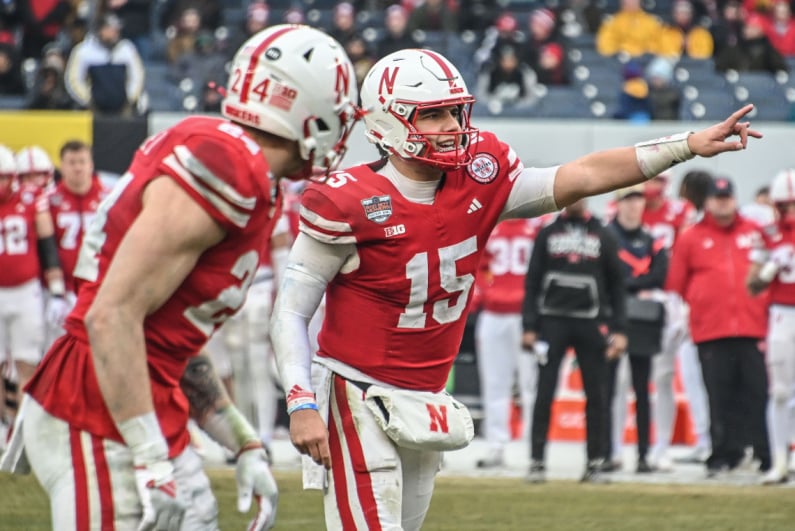Sports betting advertising makeover
As sports betting continues to sweep the US, regulators are adding more advertising protocols to ensure the safety of state residents.
US betting markets are still not as strict as many more mature European ones
Despite already having numerous safeguards in place, US betting markets are still not as strict as many more mature European ones. Now that the gambling scene is growing into a nationwide behemoth, regulators are beginning to deem further rules necessary.
Changes are being made to the way sportsbooks can market themselves, both in terms of the language they can use and who they can target. It began with New York, and now it has spread to Connecticut and Pennsylvania.
Connecticut, colleges, and sportsbooks
Connecticut is taking action to prevent operators targeting students. HB5232, presented by a bipartisan group of lawmakers and gaining traction, would prevent colleges from aligning with sports betting companies for the purpose of promoting their services to students.
“I was really shocked to see that schools are profiting off this practice,” said Rep. Amy Morrin Bello, D-Wethersfield, who introduced the bill to the House.
Per the bill, schools would be prohibited from providing names, emails, addresses, and phone numbers of students to gambling companies. Moreover, operators would be barred from hosting engagement activities specifically designed to attract college students, effectively removing all channels of communication between the two groups.
Despite all that, colleges would still be allowed to partner with sportsbooks.
Pennsylvania restricts promotional language
Nearby Pennsylvania is also looking to make changes to its sports betting ecosystem—not with respect to who sportsbooks can advertise to, but what language they can use to do so.
forbade sportsbooks from using language such as “risk-free”
The Pennsylvania Gaming Control Board (PGCB) last week followed the precedent of New York and other states and forbade sportsbooks from using language such as “risk-free,” “free bet,” and other terms that undermine the risk associated with sports betting and imply a promotion is free when it isn’t.
Most operators have shifted to using terms such as “bonus bets,” “bet credits,” or, in the case of “risk-free bets,” those offers now give customers the chance to win back missed bets, usually in the form of bonus bets or bet credits. FanDuel has also used the term “no-sweat first bet” to describe a deal in which customers receive 100% up to a certain amount of their stake back in the form of bet credits if their first bet misses.
One of the catalysts for change was a class-action lawsuit sprung in New York by a bettor that thought their $125 wager came without any risk. Regulators in the Big Apple, Pennsylvania, and other nearby states have all received numerous complaints detailing similar situations.




